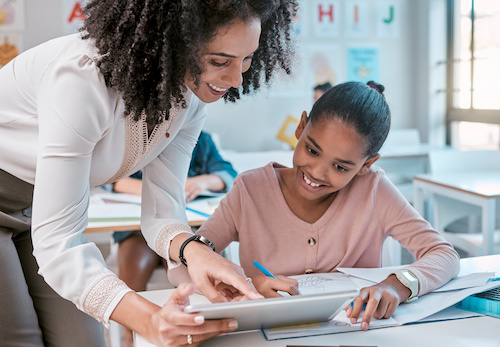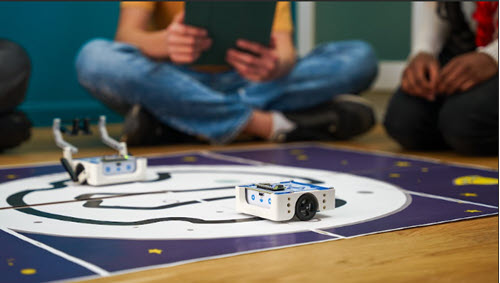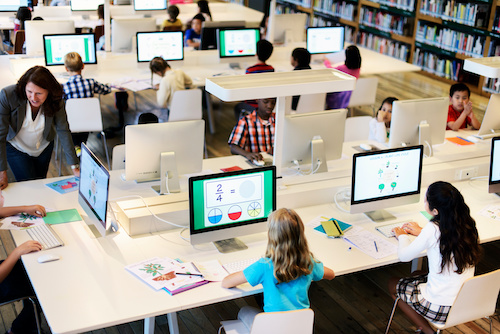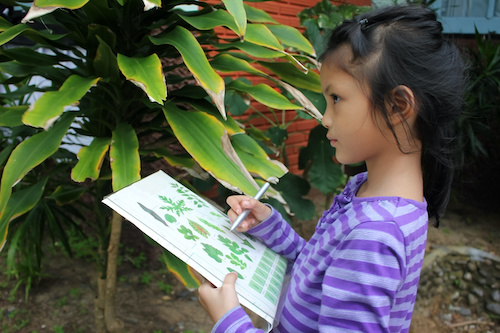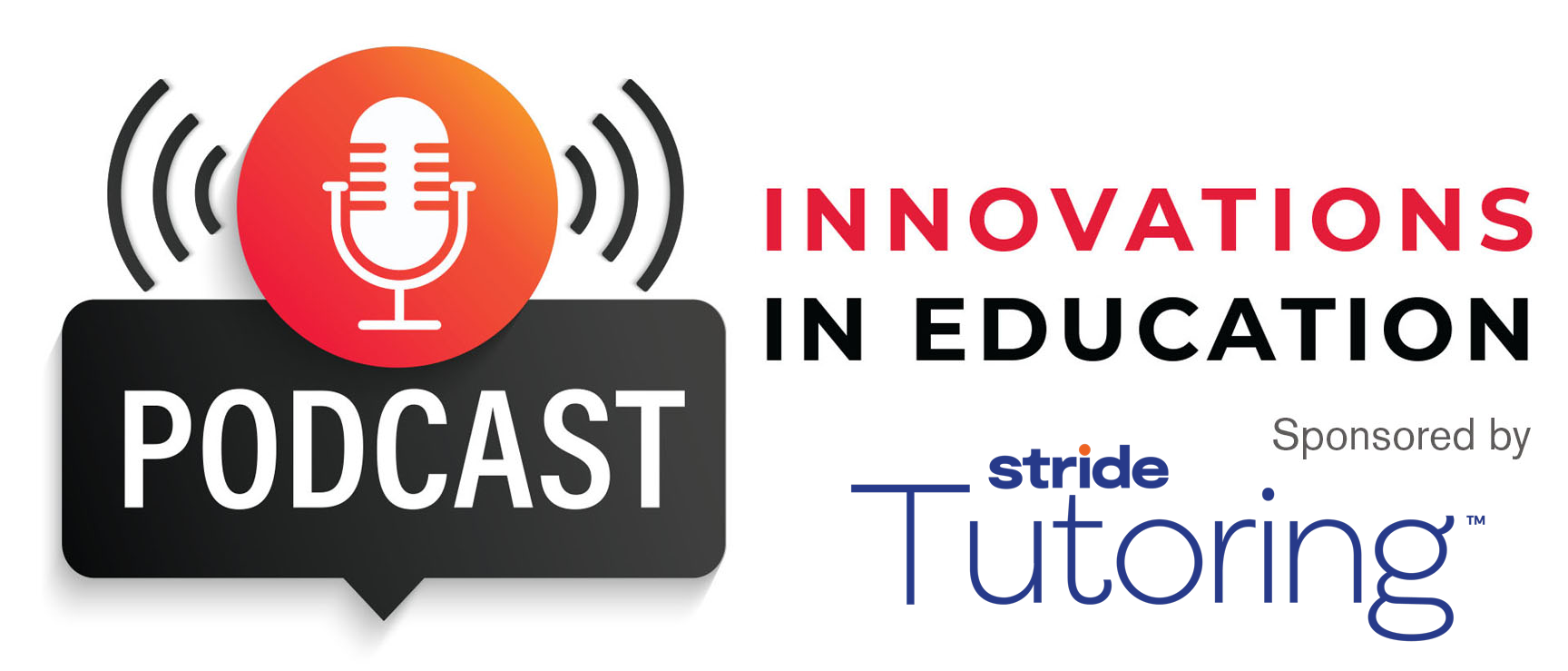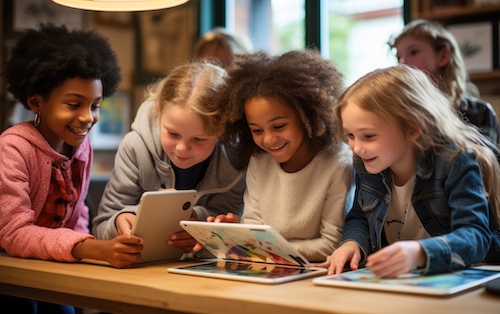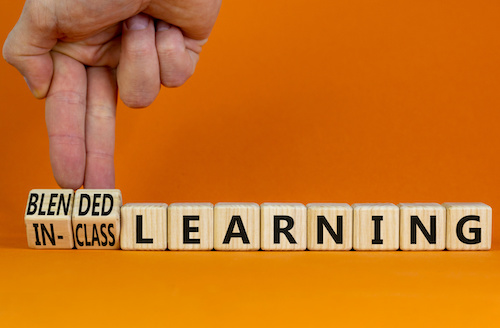4 educator reflections on the 2023-2024 school year
Key points: The end of the school year naturally inspires a period of reflection among educators, particularly as we close the door on a year that saw challenges around equity, continued learning gaps, and uncertain funding with ESSER’s impending expiration. But it’s not all bad–educators found success as they dedicated their efforts to improving student
Read More
